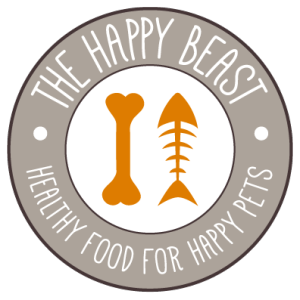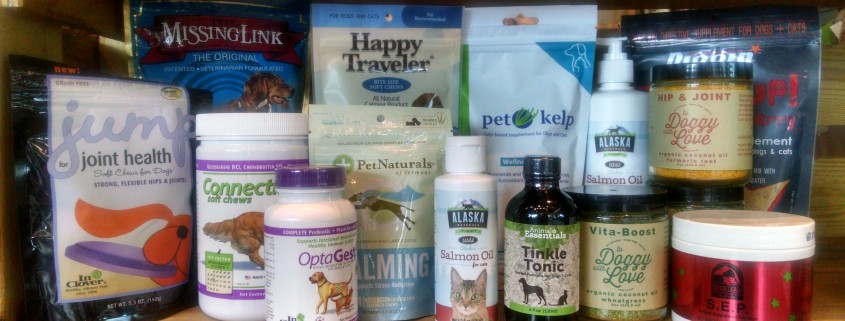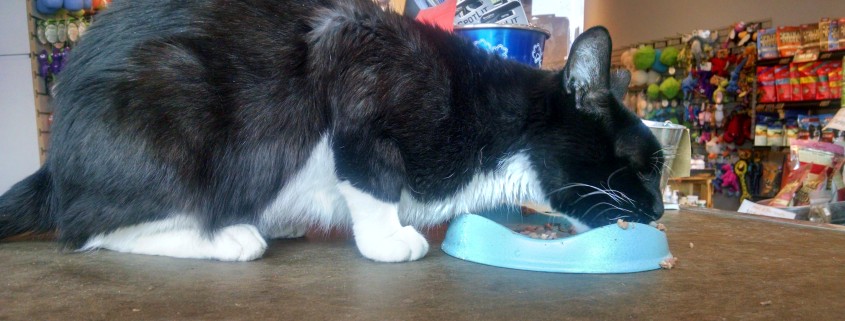You already have your dog on a healthy diet so what else does your she need for optimal health and wellness? The answer might be dietary supplements.
At The Happy Beast, we always address diet first. A species-appropriate diet lays the foundation for proper health by reducing the risk of illness and injury in animals and helping them recover from existing illness and disease. Often times, our animals have a lifestyle need or health condition that can be addressed by adding supplements to the appropriate diet.
For example, my dog, Pi, eats raw foods prepared by Primal and Small Batch and she occasionally gets air-dried food from The Real Meat Co. She’s on an optimal diet, but to meet her specific health needs, I stock my doggie medicine cabinet with Connectin joint support, a fish oil, Pet Natural’s Calming treats and Optagest prebiotics.
Check out these common scenarios we hear in the store every day and how the right supplement can help improve your animal’s health.
My two-year-old border collie mix is my hiking and running companion.
A young, active dog is susceptible to joint inflammation and injury. Omega-3s from fish oil and glucosamine keep joints healthy and moving. Colorado canines will also benefit from a daily prebiotic or probiotic to stave off environmental bacteria like giardia. Try InClover’s Jump or Connectin for joint health and Optagest Prebiotic and Enzyme.
I have a seven-year-old dog with a history of urinary tract infections and struvite crystals.
Powdered cranberry contains tannins that prevent certain pathogenic strains of bacteria from sticking to the bladder wall. Free-floating bacteria can then pass through the bladder, reducing the risk of infection and growth of struvite crystals. Try Cranimals or Wee Wee Boost.
My lab has itchy dry skin and sheds incessantly.
Omega-3s from fish oil or algae combat inflammation and soothe itchy skin. Anecdotal evidence shows that those same omega-3s reduce shedding, but conclusive research is still ongoing. Try InClover Glow or Alaska Natural’s Salmon Oil.
My dog’s breath stinks!
Bad breath can come from tartar in the mouth or bacteria in the gut. To combat both, pair a prebiotic with a green detoxing supplement. Try InClover’s Grin or PetKelp’s Wellness Blend.
I have a dog who is a Nervous Nelly at the vet and sometimes vomits on car rides.
There are several supplement approaches to calming an anxious dog and some are more effective than others depending on the dog and the cause of anxiety. Theanine helps dogs who are generally anxious, while flower essences like Rescue Remedy work well for sensitive dogs. A dog who vomits in the car will find relief from an herbal supplement like Ark Natural’s Happy Traveler.
My dog got into the trash and she’s had loose stools for the last few days.
Pumpkin fiber soothes tummies by regulating stool volume and density, meaning it binds loose stools and combats constipation. Firm-Up’s dehydrated pumpkin also boasts soluble apple fiber for an extra stomach-soothing boost.
We hope this blog post provides a good, quick summary of some of our favorite supplements, but stop by the store if you’d like to talk more about your pet’s specific conditions and how we might be able to help.


